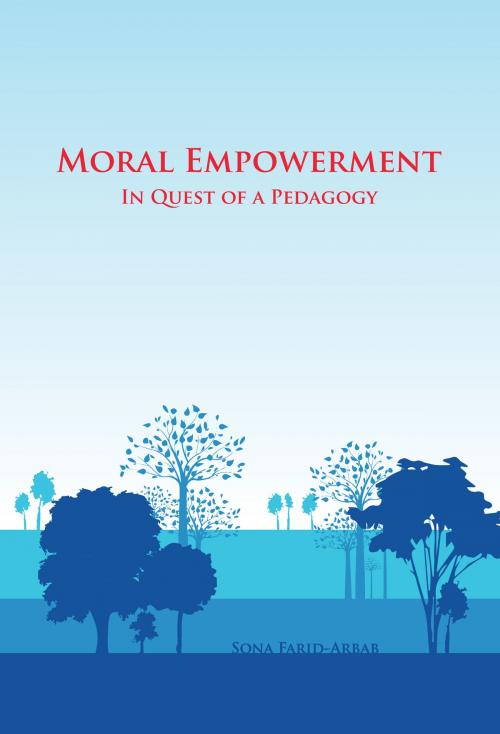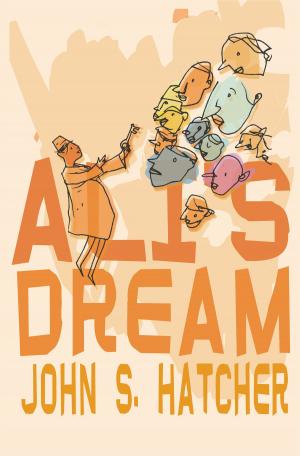Moral Empowerment
In Quest of a Pedagogy
Nonfiction, Religion & Spirituality, Eastern Religions, Baha&, Reference & Language, Education & Teaching, Educational Theory, Aims & Objectives, Philosophy & Social Aspects| Author: | Sona Farid-Arbab | ISBN: | 9781618511133 |
| Publisher: | Bahai Publishing | Publication: | March 28, 2017 |
| Imprint: | Bahai Publishing | Language: | English |
| Author: | Sona Farid-Arbab |
| ISBN: | 9781618511133 |
| Publisher: | Bahai Publishing |
| Publication: | March 28, 2017 |
| Imprint: | Bahai Publishing |
| Language: | English |
Moral Empowerment is a groundbreaking recommendation that education systems and students can benefit from a new approach in learning - the development of the students capacity to pursue their own intellectual and spiritual growth, as well as the students' active engagement in the long-term transformation of their communities. This illuminating idea is carried out on the basis of two central premises - that we live in an age of transition from humanity's childhood to its maturity, and that a fundamental characteristic of this age is the growing consciousness of the oneness of humankind. Arbab explores the philosophical framework capable of guiding educational programs seeking the moral empowerment of students. Such efforts focus not only on the development of the student's capacity to pursue their own intellectual and spiritual growth, but also on the students' active engagement in the long-term transformation of their communities. The author draws heavily on the experiences of FUNDAEC, (The Foundation for the Application and Teaching of the Sciences) a Bahai inspired organization in Colombia, that has been successful in developing the concept that populations should not only benefit from higher education, but should also actively participate in creating and generating knowledge and technologies, to improve their quality of life and standard of living.
Moral Empowerment is a groundbreaking recommendation that education systems and students can benefit from a new approach in learning - the development of the students capacity to pursue their own intellectual and spiritual growth, as well as the students' active engagement in the long-term transformation of their communities. This illuminating idea is carried out on the basis of two central premises - that we live in an age of transition from humanity's childhood to its maturity, and that a fundamental characteristic of this age is the growing consciousness of the oneness of humankind. Arbab explores the philosophical framework capable of guiding educational programs seeking the moral empowerment of students. Such efforts focus not only on the development of the student's capacity to pursue their own intellectual and spiritual growth, but also on the students' active engagement in the long-term transformation of their communities. The author draws heavily on the experiences of FUNDAEC, (The Foundation for the Application and Teaching of the Sciences) a Bahai inspired organization in Colombia, that has been successful in developing the concept that populations should not only benefit from higher education, but should also actively participate in creating and generating knowledge and technologies, to improve their quality of life and standard of living.















